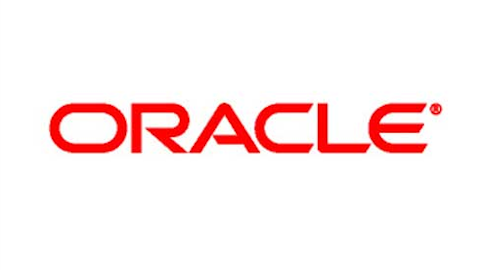The government put a key piece of Obamacare back on the shelf last week, when it announced that companies employing more than 50 workers will have an extra year to begin offering health insurance without facing fines.
But could it be that the ACA isn’t really needed at all? Could an alternative idea — “Medicare for all” — actually do a better job of controlling medical costs, and making health care affordable for Americans?
Obamacare — but cheaper
A new survey released by the number-crunching technocrats at NerdWallet last month clearly illustrates how extending Medicare coverage to all Americans might cut costs for everyone. According to NerdWallet, Medicare generally pays out no more than $0.27 for every dollar that hospitals bill it for medical services — a savings of 73%. Put another way, an uninsured patient receiving the same care as is provided to a patient covered by Medicare can expect to pay nearly four times more.

And that’s just the average. Echoing the findings of a Time magazine report earlier this year, NW’s health care survey noted that the prices charged by various hospitals offering the same procedure can vary widely. As you can see in the far-right column of NW’s pricing chart, you could easily end up paying 30 to 40 times more for a stay at one hospital than at a hospital down the road, for the same treatment.
Obamacare… but more efficient
How does a 73 percent discount on medical bills compare to what’s promised under the ACA?
Well, under the current structure, Obamacare works as a plan to require patients to sign up for private health insurance plans. Yet according to Forbes, many of these private insurers offer their members discounts of as little as 20 percent off hospitals’ ordinary pricing.
One of the standouts, Blue Cross plans from, is sometimes able to negotiate discounts as large as 60 percent — still far short of the average discount of 73 percent at Medicare.
Obamacare… but better
Harvard Medical School visiting professors David Himmelstein and Steffie Woolhandler recently noted on the pages of The New York Times that a Medicare-for-all health care system — known commonly as “single-payer” — is an incredibly efficient operation, costs-wise.
On average, only 2 percent of the revenues that flow through Medicare are needed to cover overhead costs. In contrast, patients who subscribe to private health insurance spend 14 percent of their money — seven times more — just paying for the overhead costs doctors incur from juggling the multitude of insurance procedures required for different patients subscribing to insurance plans.
Other commenters, such as Dr. Dave Dvorak, writing in the April 2013 issue of Minnesota Medicine , put the cost of Obamacare even higher, arguing that “a staggering 31 percent of U.S. health care spending goes toward administrative costs, rather than care itself.” As Dr. Dvorak notes, while “Obamacare … is expected to extend coverage to 32 million more Americans,” it does this by “expanding the current fragmented, inefficient system” and will likely “do little to rein in health care spending.”
In contrast, the U.S. government itself agrees that the ACA — the system we’ve settled upon instead of offering Medicare-for-all — costs more than a move to a cheaper, more efficient, and better single-payer system. The U.S. Government Accountability Office calculates that a switch to single-payer would shave $400 billion a year off the national health care bill.
Little wonder, then, that a 2008 survey published in the Annals of Internal Medicine found that 59 percent of physicians polled support Medicare-for-all.
A government takeover?
So Medicare-for-all is cheaper, more efficient, and better than Obamacare — but isn’t it a “government takeover” of health care?
It needn’t be.
If an individual consumer thinks he’s better off with a private health insurance plan from WellPoint, Inc. (NYSE:WLP) — or from UnitedHealth Group Inc. (NYSE:UNH), Aetna Inc (NYSE:AET), or CIGNA Corporation (NYSE:CI) — then fine. They could still sign up for one of those, either as a supplement to Medicare-for-all or, if they prefer, as an exclusive plan, and choose not to participate in Medicare at all. For that matter, there should be no need to require anyoneto buy any insurance whatsoever.
All that’s really required for Americans to begin reaping the 73 percent savings of a Medicare-for-all plan is to open up Medicare enrollment to everybody. Give everyone the right to sign up for Medicare, rather than requiring us all to sign up for a private insurance plan under the ACA. And then let the marketplace decide if Medicare-for-all is really as good an idea as NerdWallet’s survey makes it sound.
The article How Much Could Medicare for All Save You? originally appeared on Fool.com is written by Rich Smith.
Fool contributor Rich Smith has no position in any stocks mentioned. The Motley Fool recommends UnitedHealth Group and WellPoint. The Motley Fool owns shares of WellPoint.
Copyright © 1995 – 2013 The Motley Fool, LLC. All rights reserved. The Motley Fool has a disclosure policy.



